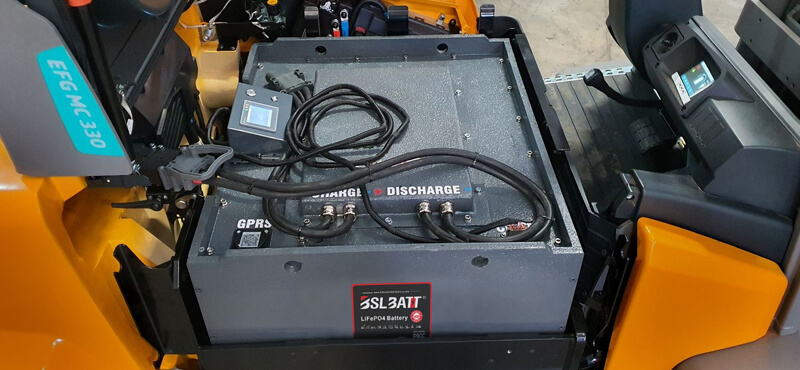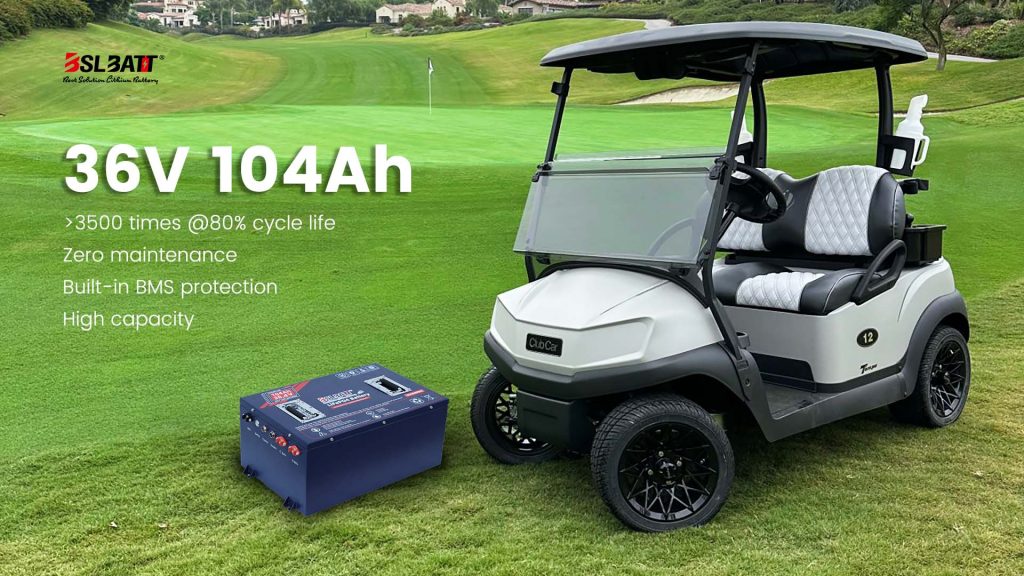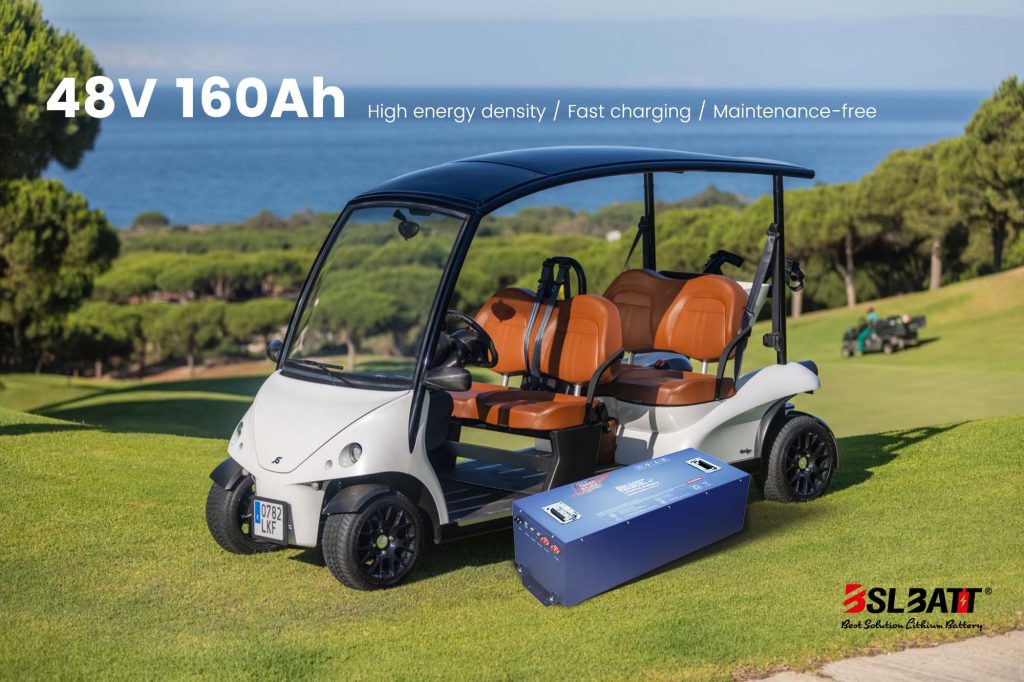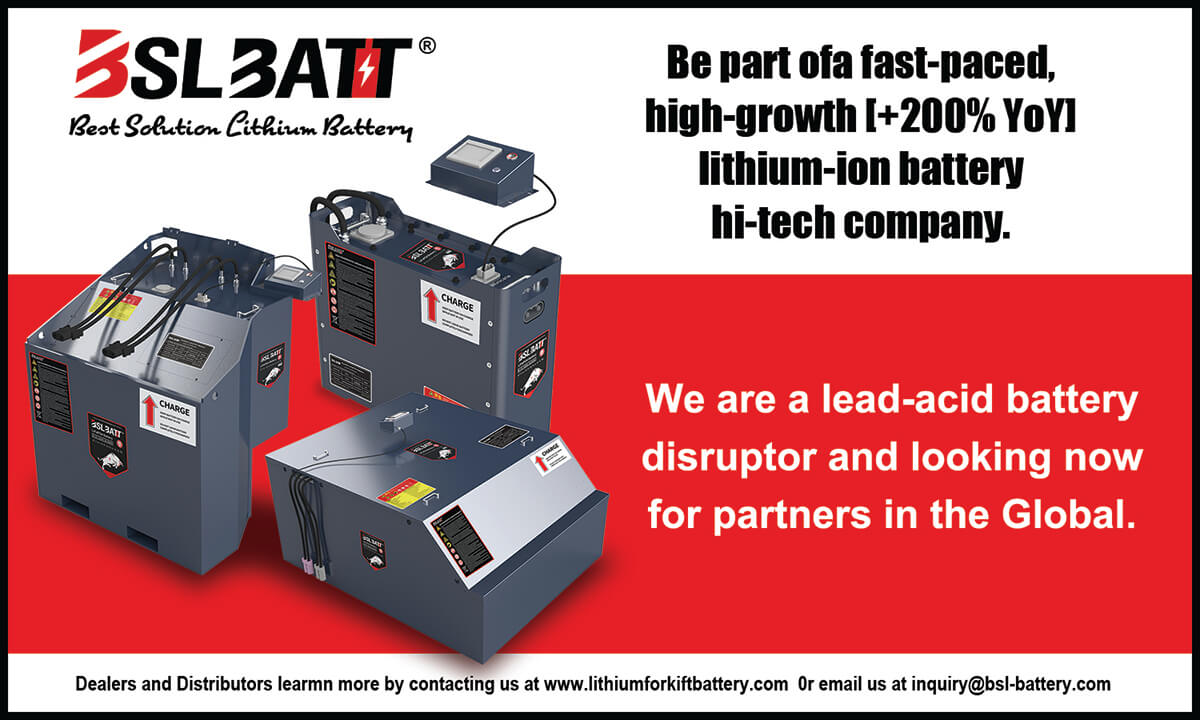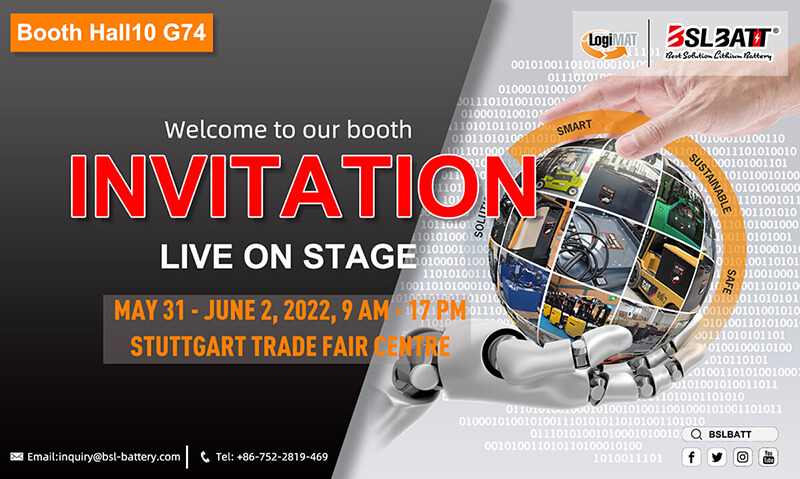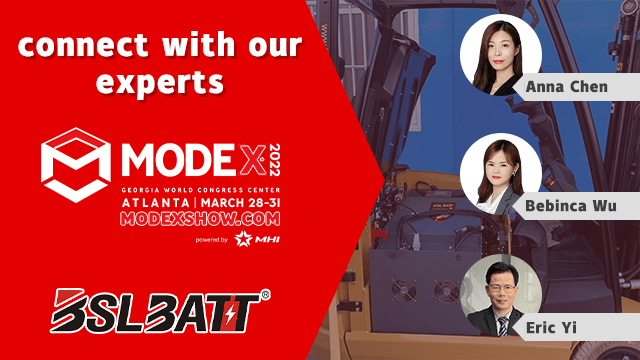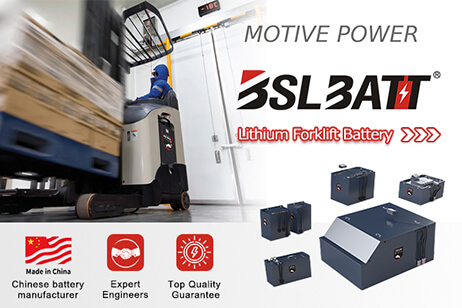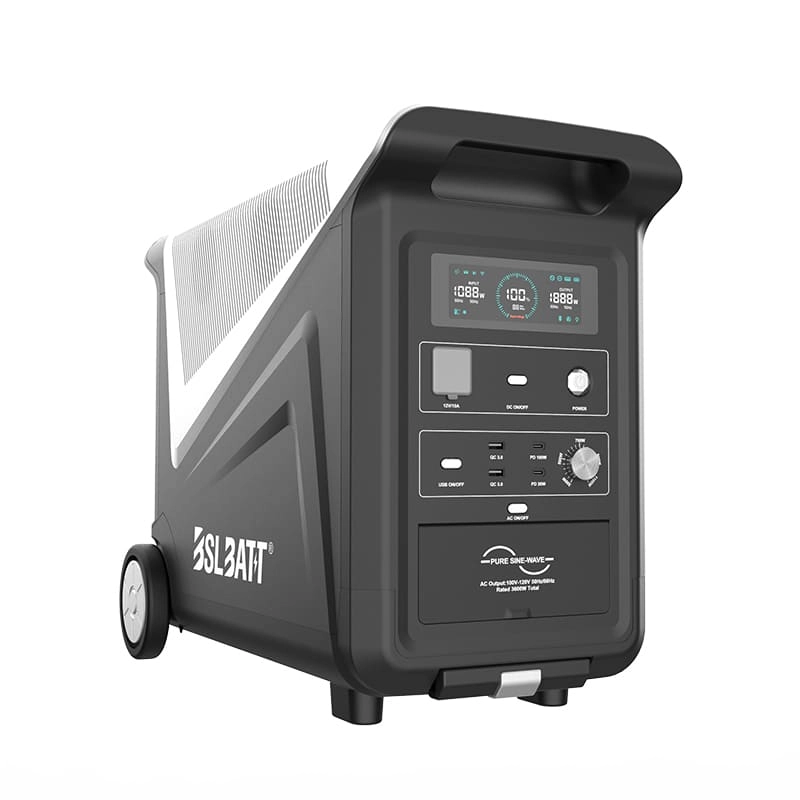
- China
- English
- Françai
- Español
- Deutsch
- Română
- العربية
- 한국어
- 日本語
- Italiano
- Português
- Gaeilge
- Dansk
- Čeština
- Русский
- Afrikaans
- Euskara
- Català
- Esperanto
- हिन्दी
- Ελληνικά
- Bahasa Melayu
- Polski
- Српски
- Kiswahili
- ภาษาไทย
- Tiếng Việt
- Türkçe
- Svenska
- Cymraeg
- Slovenčina
- Latviešu
- Malti
- Magyar
- Galego
- ગુજરાતી
- Eesti Keel
- বাংলা
- Shqip
- беларуская мова
- Nederlands
- Tagalog
- ქართული
- Íslenska
- Kreyòl Ayisyen
- Lietuvių
- Norsk
- slovenščina
- தமிழ்
- Українська
- ײִדיש
- اردو
- తెలుగు
- فارسی
- македонски
- ಕನ್ನಡ
- Bahasa Indonesia
- עברית
- Suomi
- Hrvatski
- Български
- Azerbaijani

Industry Application
Product Type
A Brighter Future with Lithium Solar Batteries: What You Need to Know
As the world’s population continues to grow and energy demands increase, finding sustainable sources of power is becoming more critical than ever. Solar energy is one of the most promising renewable energy sources, and with the advent of lithium ion batteries, it is now more efficient and accessible than ever before.
In this instructional article, you will learn everything you need to know about lithium solar batteries, including how they work, how to install them, and how to maintain them for optimal performance. Whether you are a homeowner looking to install a solar system on your property or a renewable energy professional seeking to expand your knowledge, this guide will provide the tools and information you need to make the most of this innovative technology.
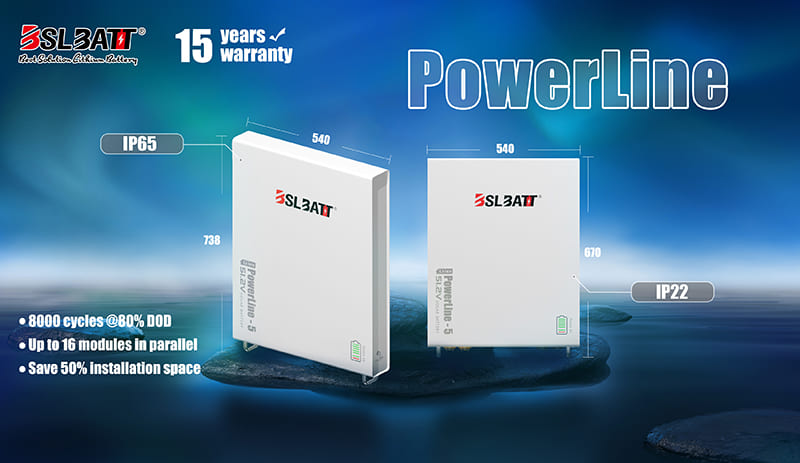
At a time when climate change is an urgent global concern, harnessing the power of the sun to create clean energy is a critical step towards a more sustainable future. With lithium solar batteries, we have the potential to revolutionize the way we use energy, reduce our carbon footprint, and pave the way for a brighter, cleaner, and more sustainable world.
I hope you find this instructional article informative and helpful, and I encourage you to explore the exciting possibilities of lithium solar batteries. Together, we can work towards a cleaner, more sustainable future for ourselves and future generations.
1. What is a lithium solar battery?
A lithium solar battery is a type of rechargeable battery that is commonly used for storing and providing power in solar energy systems. They are similar to other lithium-ion batteries used in portable electronics, such as cellphones and laptops, but they are designed to withstand the high demands and requirements of solar energy systems.
Lithium solar batteries work by using a chemical reaction to store and release electrical energy. The battery contains two electrodes, a cathode and an anode, separated by an electrolyte. The cathode is typically made of lithium cobalt oxide or lithium iron phosphate, while the anode is made of carbon or graphite. The electrolyte is a lithium salt in an organic solvent.
When the battery is charging, the lithium from the cathode is released and travels through the electrolyte to the anode, where they are stored. During discharge, the lithiums flow back through the electrolyte to the cathode, generating an electrical current. This process can be repeated many times, allowing the battery to store and release energy over and over again.
One of the key advantages of lithium ion solar batteries is their high energy density, meaning they can store a large amount of energy relative to their size and weight. This is important for solar energy systems, which often have limited space for battery storage. Additionally, lithium-ion batteries are highly efficient, meaning they can convert and store a large amount of energy relative to their size and weight. They also have a low self-discharge rate, meaning they can retain their charge for a long time when not in use.
Lithium-ion solar batteries can be used in a variety of solar energy systems, from small, portable systems to large-scale, grid-connected systems. They are often used in combination with other solar energy components, such as solar panels, charge controllers, and inverters, to provide a reliable and sustainable source of energy.
2. How do lithium-ion solar batteries work?
Lithium ion solar batteries work by using a chemical reaction to store and release electrical energy. The battery contains two electrodes, a cathode, and an anode, separated by an electrolyte. When the battery is charging, the lithium from the cathode is released and travels through the electrolyte to the anode, where they are stored. During discharge, the lithiums flow back through the electrolyte to the cathode, generating an electrical current. This process can be repeated many times, allowing the battery to store and release energy over and over again.
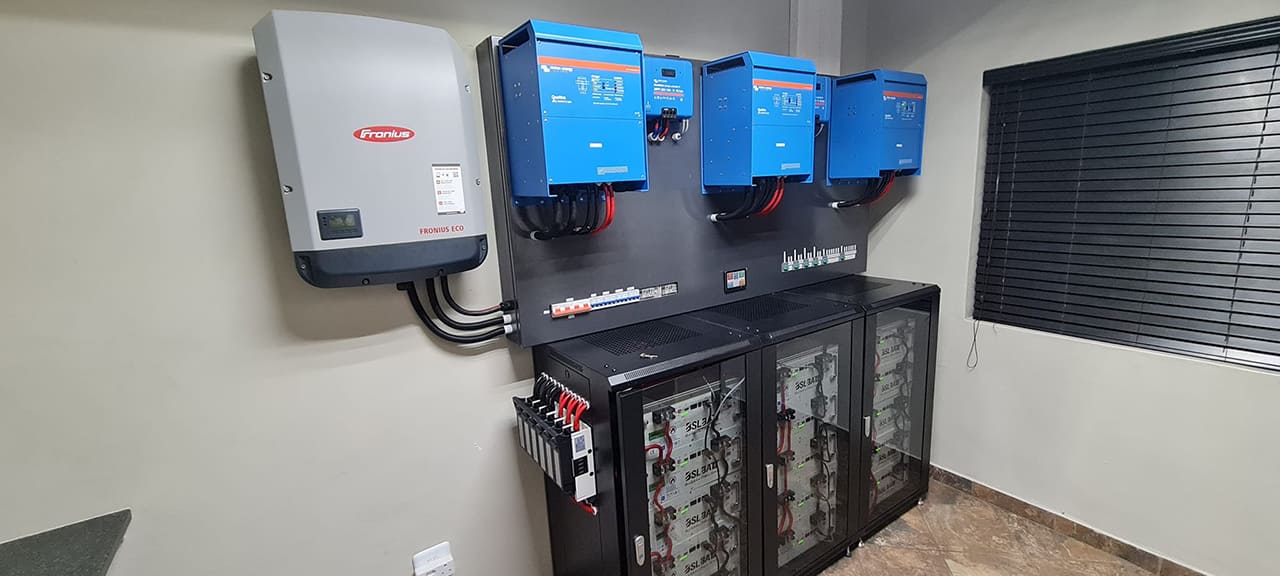
Lithium-ion batteries are highly efficient and have a high energy density, meaning they can store a lot of energy in a small space. They also have a low self-discharge rate, meaning they can retain their charge for a long time when not in use. This makes them ideal for use in solar energy systems, where they can store excess energy generated during the day for use at night or during periods of low sunlight.
3. What are the benefits of using lithium solar batteries?
There are several advantages to using lithium solar batteries, including:
High efficiency: Lithium-ion batteries are highly efficient, meaning they can convert and store a large amount of energy relative to their size and weight.
Long lifespan: High-quality lithium-ion batteries can last for many years with proper care and maintenance, which means they can be charged and discharged many times without losing capacity. making them a long-term investment for solar energy storage.
Low self-discharge rate: Lithium-ion batteries have a low self-discharge rate, which means they can hold a charge for a long time without losing capacity.
Fast charging: Lithium-ion batteries can be charged quickly, allowing them to be recharged during periods of high sunlight and used during periods of low sunlight.
Low maintenance: Lithium-ion batteries require little maintenance beyond regular cleaning and monitoring, making them a convenient and hassle-free choice for solar energy storage.
High energy density: Lithium-ion batteries have a higher energy density than other types of batteries, meaning they can store more energy in a smaller and lighter package.
Environmentally friendly: Lithium-ion batteries are recyclable and have low toxicity, making them a more sustainable and eco-friendly choice compared to other battery types.
4. What makes solar lithium batteries different?
Here is a table comparing solar lithium batteries with other types of batteries:
| Battery Type | Energy Density | Cycle Life | Self-Discharge Rate | Efficiency | Environmental Impact | Cost |
| Lithium-Ion | High | Long | Low | High | Recyclable, low toxicity | Moderate-High |
| Lead-Acid | Low | Short | High | Low | Toxic, not easily recyclable | Low-Moderate |
| Nickel-Cadmium | Moderate | Moderate | Moderate | Moderate | Toxic, not easily recyclable | Moderate-High |
| Nickel-Metal Hydride | Moderate-High | Moderate | High | Moderate | Recyclable, low toxicity | Moderate |
As you can see from the table, lithium solar batteries have a high energy density, long cycle life, low self-discharge rate, high efficiency, and are environmentally friendly. In comparison, lead-acid batteries have a low energy density, short cycle life, and high self-discharge rate, and are toxic and not easily recyclable. Nickel-cadmium batteries have moderate energy density and cycle life, moderate self-discharge rate, and are toxic and not easily recyclable. Nickel-metal hydride batteries have moderate to high energy density, moderate cycle life, and high self-discharge rate, and are recyclable with low toxicity. Overall, solar lithium batteries provide the best combination of performance, safety, and environmental sustainability for use in solar energy systems.
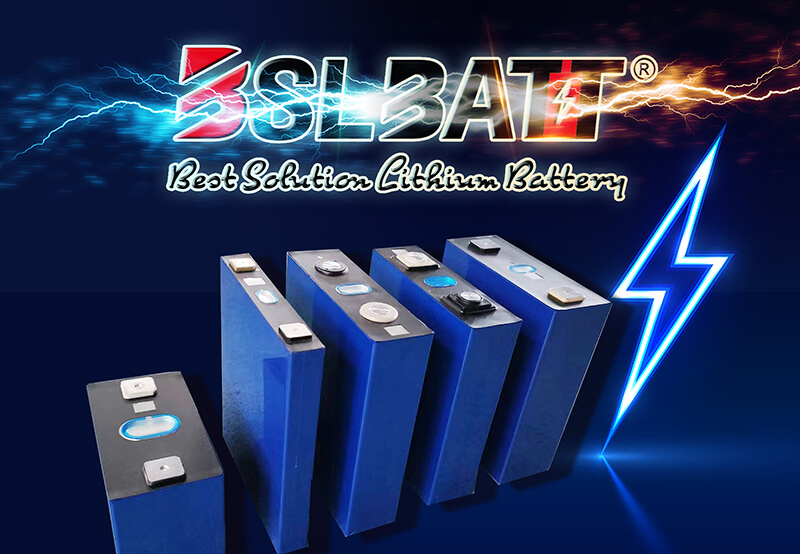
5. What is the lifespan of a lithium solar battery?
The lifespan of a lithium solar battery depends on several factors, such as the quality of the battery, how it is used and maintained, and the environmental conditions it is exposed. High-quality lithium-ion batteries can last for 10 years or more with proper care and maintenance, while lower-quality batteries may only last a few years. Factors that can affect the lifespan of a lithium solar battery include:
Depth of discharge: Batteries that are discharged to a greater depth will have a shorter lifespan than batteries that are discharged less deeply.
Temperature: High temperatures can reduce the lifespan of lithium-ion batteries, while low temperatures can reduce their performance. It’s important to keep batteries within a moderate temperature range to optimize their lifespan and performance.
Charge and discharge rate: Batteries that are charged and discharged quickly will have a shorter lifespan than batteries that are charged and discharged more slowly. It’s important to use a battery management system that can regulate the charging and discharging process to optimize the battery’s lifespan.
Quality of components: High-quality batteries with high-quality components are likely to last longer than lower-quality batteries with lower-quality components. It’s important to choose a reputable brand and manufacturer when purchasing a lithium solar battery.
6. How do I install a lithium solar battery?
The installation process for a lithium solar battery depends on the type of battery and the solar system. In general, you should follow the manufacturer’s instructions and guidelines for installation. You may need to connect the battery to an inverter and to the solar panel system. It’s recommended to hire a professional electrician or installer to ensure proper installation and avoid any safety hazards.
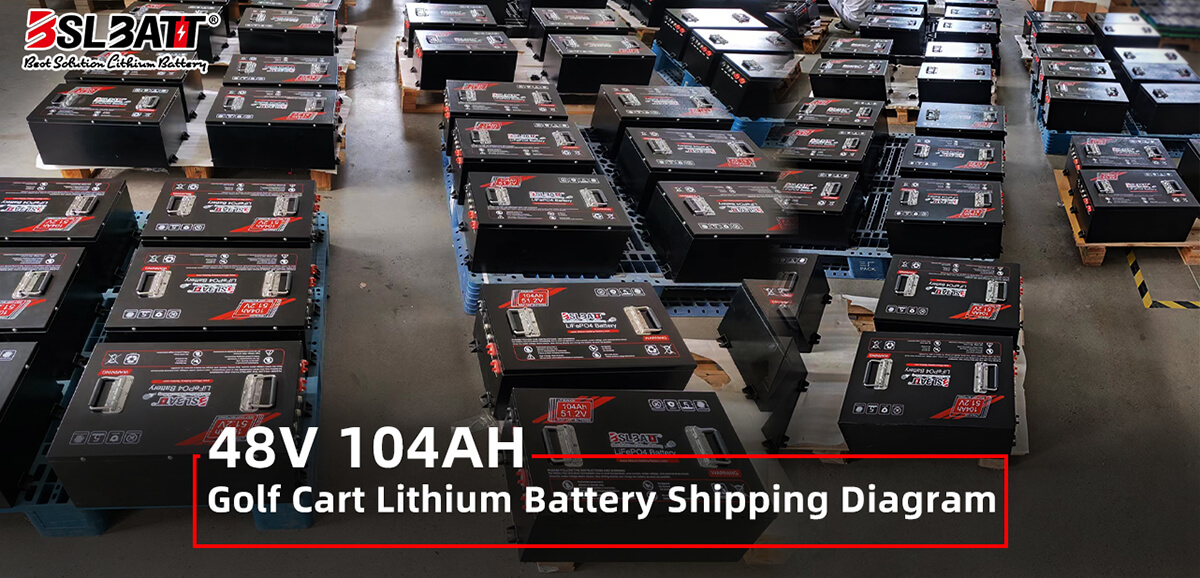
7. How do I maintain a lithium solar battery?
Maintaining a lithium solar battery is essential to ensure its long-term performance and lifespan. Here are some tips for maintaining a lithium solar battery:
Charge and discharge regularly: Lithium batteries are designed to be charged and discharged regularly. If you let a lithium-ion battery sit for long periods without use, it can cause the battery to degrade faster. Therefore, it is essential to charge and discharge the battery regularly, even if it’s not in use.
Keep the battery at a moderate temperature: Lithium-ion batteries can be affected by high temperatures. Avoid exposing the battery to high temperatures, as it can damage the battery and reduce its lifespan. Similarly, avoid storing the battery in very cold temperatures, as this can also affect its performance.
Use a compatible charger: It is crucial to use a compatible charger designed for your lithium solar battery. Avoid using third-party chargers that may not be compatible with your battery. Using a non-compatible charger can damage the battery and shorten its lifespan.
Avoid deep discharges: Lithium batteries can be damaged if they are discharged too deeply. Try to avoid fully discharging the battery as much as possible. This means that it is best to recharge the battery before it reaches its lowest point.
Check and clean the terminals: Over time, the battery terminals can accumulate dirt and grime, which can affect the battery’s performance. Check the terminals regularly and clean them if necessary. You can use a soft brush or cloth to remove any dirt or debris from the terminals.
Store the battery properly: If you need to store your lithium solar battery for an extended period, it is essential to store it properly. Charge the battery to around 50%, and store it in a cool, dry place. Avoid storing the battery in hot or humid environments, as this can damage the battery.
By following these maintenance tips, you can ensure that your lithium solar battery performs optimally and lasts as long as possible.
8. What are some common issues or problems with lithium solar batteries?
Common issues with lithium solar batteries include overcharging, over-discharging, and high temperatures. Overcharging can cause the battery to become hot and potentially explode, while over-discharging can damage the battery and reduce its lifespan. High temperatures can also reduce the battery’s lifespan and cause it to lose capacity more quickly. To avoid these issues, it’s important to use a high-quality battery management system that can monitor the battery’s charging and discharging process and protect it from overcharging or over-discharging.
9. Can lithium solar batteries be recycled?
Yes, lithium solar batteries can be recycled. They contain valuable materials such as lithium, cobalt, nickel, and copper that can be extracted and reused. Recycling lithium-ion batteries is important for reducing waste and conserving resources. It’s recommended to recycle old batteries instead of throwing them away in the trash, as they can be hazardous to the environment.
10. What is the cost of a lithium-ion solar battery and is it worth the investment?
The cost of a solar lithium battery depends on several factors, such as capacity, brand, and quality. On average, a solar lithium battery can cost between $400 and $1,000 per kilowatt-hour of capacity. While this may seem expensive, a high-quality lithium-ion solar battery can provide a long-term return on investment by reducing the need for grid electricity and providing energy independence. The cost of a battery should be weighed against the potential cost savings and benefits, such as reduced energy bills, backup power during outages, and environmental sustainability.
11. What are some common issues or problems with solar lithium batteries?
Common issues with lithium solar batteries include overcharging, over-discharging, and high temperatures. Overcharging can cause the battery to become hot and potentially explode, while over-discharging can damage the battery and reduce its lifespan. High temperatures can also reduce the battery’s lifespan and cause it to lose capacity more quickly. To avoid these issues, it’s important to use a high-quality battery management system that can monitor the battery’s charging and discharging process and protect it from overcharging or over-discharging.
A Guide to Choosing the Best 48V Lithium Golf Cart Battery
Would it be worth investing in a 48V ...
10 Exciting Ways To Use Your 12V Lithium Batteries
Back in 2016 when BSLBATT first began designing what would become the first drop-in replacemen...
BSLBATT Battery Company Receives Bulk Orders from North American Customers
BSLBATT®, a China Forklift battery manufacturer specializing in the material handling indust...
Fun Find Friday: BSLBATT Battery is coming to another great LogiMAT 2022
MEET US! VETTER’S EXHIBITION YEAR 2022! LogiMAT in Stuttgart: SMART – SUSTAINABLE – SAF...
Looking for new Distributors and Dealers for BSL Lithium Batteries
BSLBATT battery is a fast-paced, high-growth (200% YoY ) hi-tech company that is leading the a...
BSLBATT to Participate at MODEX 2022 on March 28-31 in Atlanta, GA
BSLBATT is one of the largest developers, manufacturers, and integrators of lithium-ion batter...
What makes the BSLBATT the Superior Lithium Battery for your Motive Power needs?
Electric forklift and Floor Cleaning Machines owners who seek the ultimate performance will fi...






